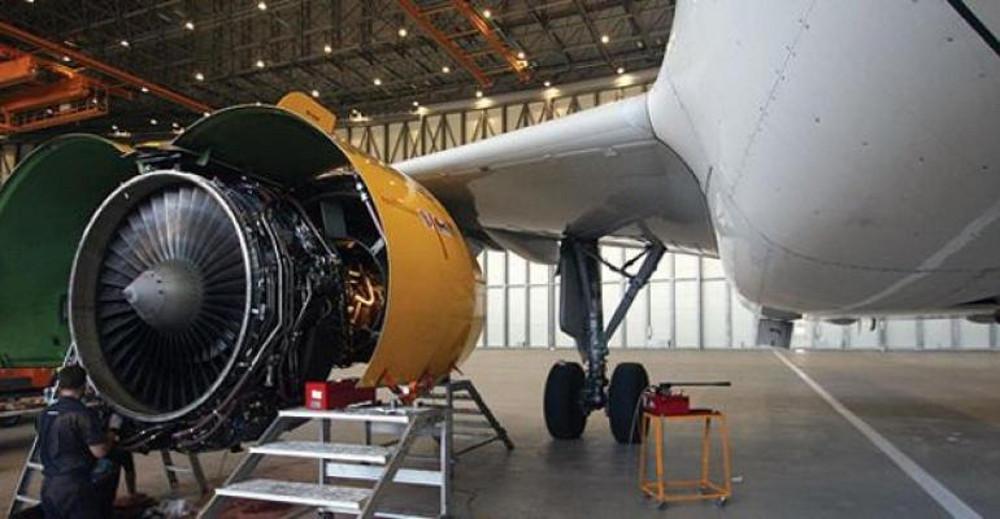
With aircraft grounded, engine shop visits being avoided and airlines cannibalizing parked equipment, the demand for spare engines is plumbing historic lows.
Further pain for engine lessors stems from the facts that there is little demand for parts and that prices are falling, for parts and engines, meaning that traditional exit routes from their assets – engine teardowns and engine sales – is narrowing.
The above problems have been well documented, but another huge issue has attracted less coverage: the drain on human capital of responding to customer requests for rent deferrals and other forms of lease restructuring.
“Most of the engine lessors remain people light and few have surplus available to engage with every customer across the globe at the same time. While all will undoubtedly strive to support their customers through this time of crisis, the fact is that most management and personnel have been dragged into fire-fighting,”
Tom Barrett, president and chief executive officer of Engine Lease Finance (ELFC), tells the Engine Yearbook.
As a consequence, he says, almost every lessor will have to put their strategic initiatives on the back-burner while they respond to customers – a response that could drag out over a considerable period of time.
Although ELFC has a strong backing from its parent, Mitsubishi UFJ Lease & Finance, Barrett predicts that the multitude of headwinds may force some lessors out of the market.
He also raises the question of whether OEM-affiliated engine lessors will consider a retreat from the market.
He concludes: “The effect on cashflows, lease revenues and trading profits has been significant and the buoyant market of recent years has well and truly come to a halt. It is possible that some lessors will not recover.”
To find out more about where the engine leasing market is heading after the crisis, see the forthcoming Engine Yearbook 2021.
